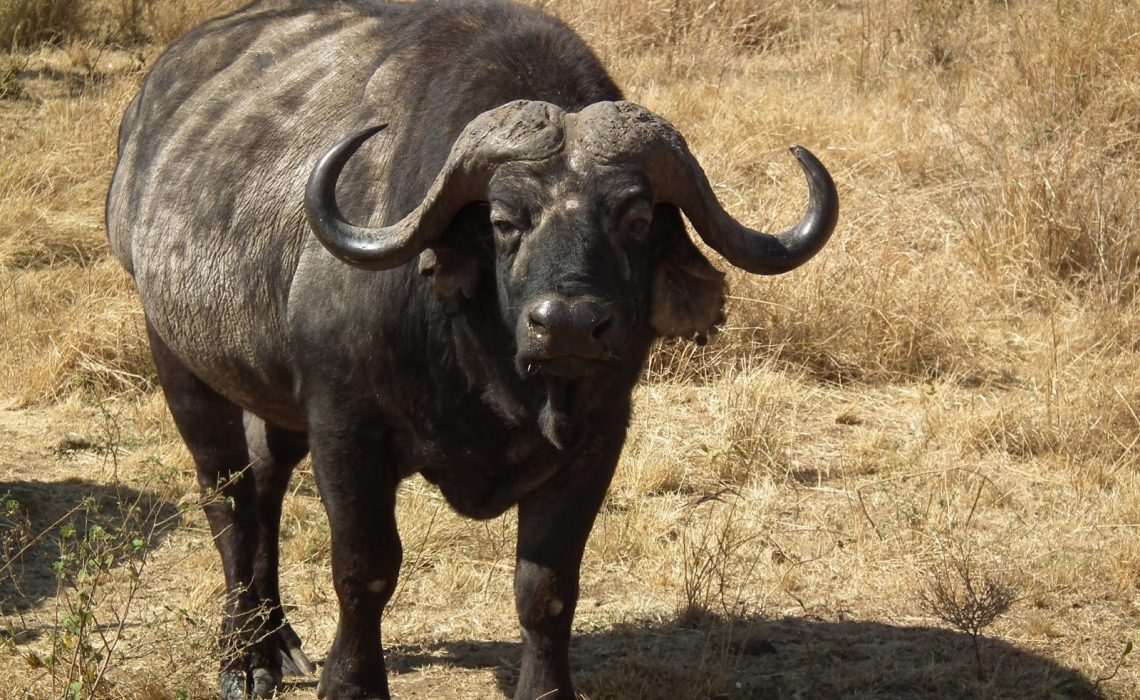
You might also like:
Tanzania recently terminated a 25-year-old hunting concession with a United Arab Emirates royal family-owned company, and has launched investigations into the dealings of the company and former Tanzanian tourism ministers, reports The East African.
The land in question is five hours’ drive north of Arusha in the Ngorongoro Crater, close to the Serengeti National Park.
It is estimated that over 2 796 animals and birds were killed during the 2007 and 2009 hunting seasons. Conservationists and locals fear that the animals killed may have included endangered species.
Recently appointed Natural Resources Minister, Hamisi Kigwangalla, recently ordered the Prevention and Combating of Corruption Bureau (PCCB) to arrest and investigate Isaac Mollel, Executive Director of the Ortelo Business Corporation (OBC) – a game-hunting outfit owned by a Dubai leader – for attempting to bribe him and his predecessors.
Kigwangalla reportedly also called for the investigation of the former ministers.
The end of the concession marks the end of the controversial agreement. MPs, activists and Maasai people living in the Loliondo area in northern Tanzania have constantly been involved in the fight against the take-over of the 4 000 square-kilometre block.
Kigwangalla said the company would not be awarded another hunting licence, and has suspended Director of Wildlife, Alexander Songorwa, for allegedly starting a syndicate of government officials within the ministry and who have since been compromised.
Corruption allegations against OBC had continued for many years, said Kigwangalla.
The East African reported that it had seen government records revealing that the ruling Chama cha Mapinduzi (CCM) party had received financial donations from the royal family amounting to thousands of dollars.
In 1994, CCM received $32 000 in donations and the Ministry of Natural Resources and Tourism received more than $2 million, according to the records.
Tanzania has since cancelled licences and suspended allocation of new blocks for hunting due next year, which has prompted protests from lobby groups that support the activity. Hunters had already booked safaris for 2018 and the change could possibly undermine revenues from within the hunting sector.
Source: tourismupdate.co.za
